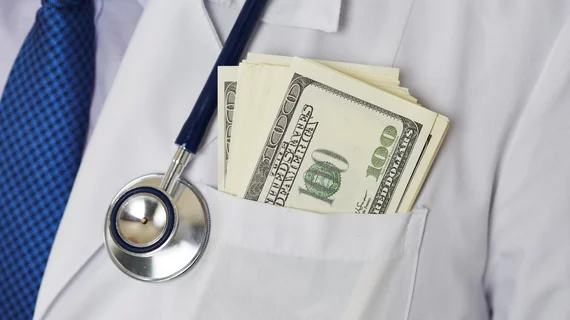Payments to FDA advisory panel questioned
When the FDA approves a medical device, the assumption is that the recommendation is made solely on analyzing the risks and benefits, not due to any conflicts of interest among regulators. That’s why a recent investigation from KFF Health News about payments to members of an FDA panel evaluating an Abbott Laboratories cardiac device is raising eyebrows.
Earlier this month, Abbott announced that the FDA approved its TriClip device to treat tricuspid valve leakage. The 14-member advisory panel’s decision was nearly unanimous, but so were the financial ties to Abbott, with 10 of the members having received some sort of payment from the company since 2016. Hundreds of separate payments added up to about $650,000, most of which was not disclosed by the FDA.
KFF Health News reporters, using the government’s “Open Payments” database, outlined the scope of the payments, and while their reporting doesn’t allege any wrongdoing, that the FDA wasn’t forthcoming with these payments is itself cause for concern.
“This is a problem,” Joel Perlmutter, MD a former FDA advisory committee member and a professor of neurology at Washington University School of Medicine in St. Louis, told KFF Health News. “They should or must disclose this due to bias.”
Get more reactions and a response from some committee members at the link below.

